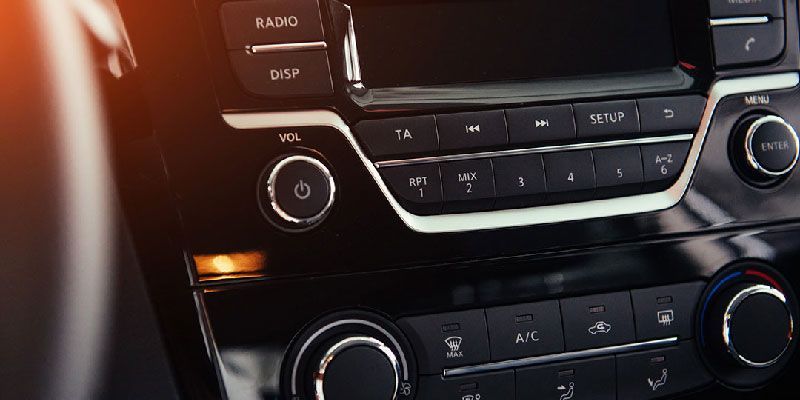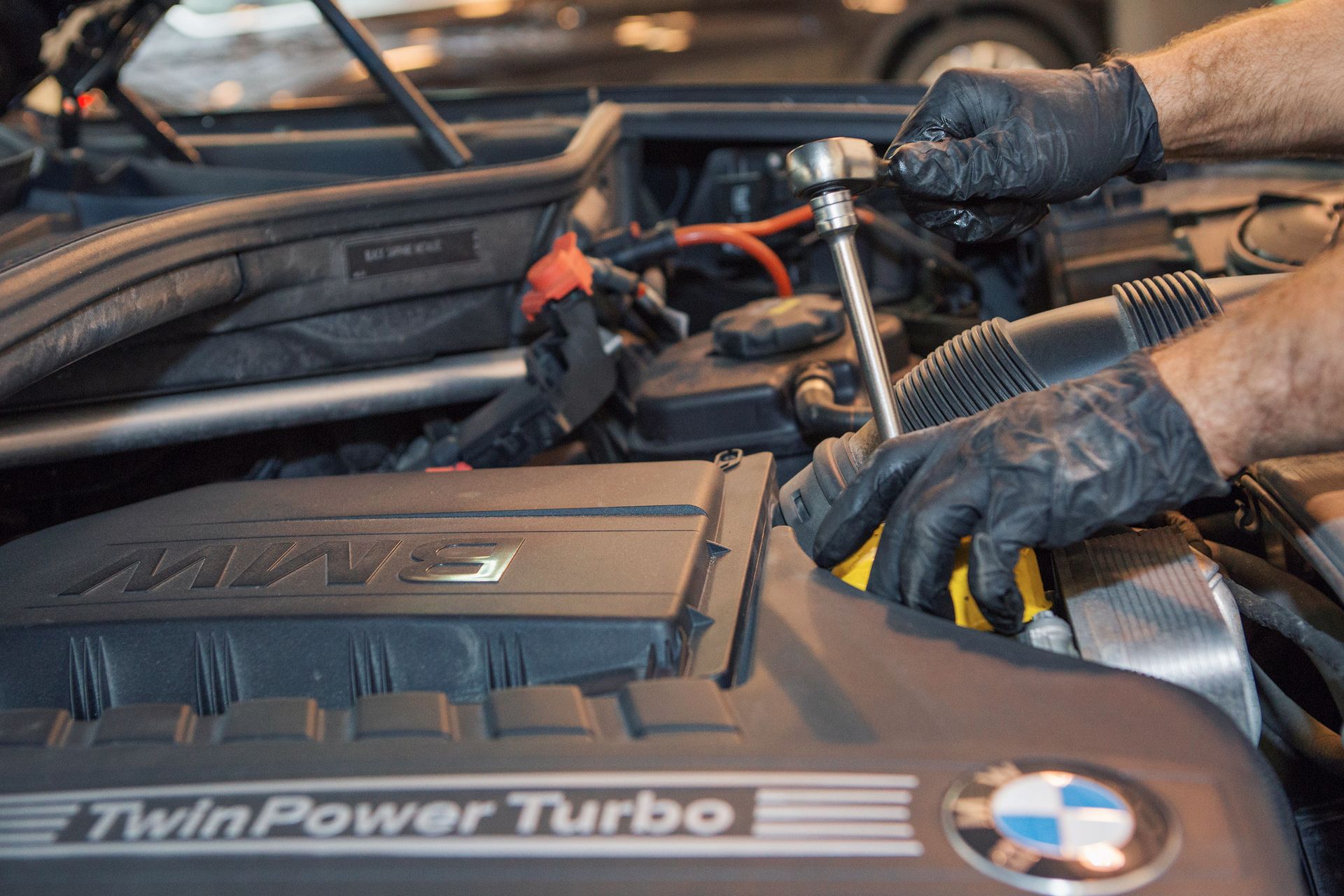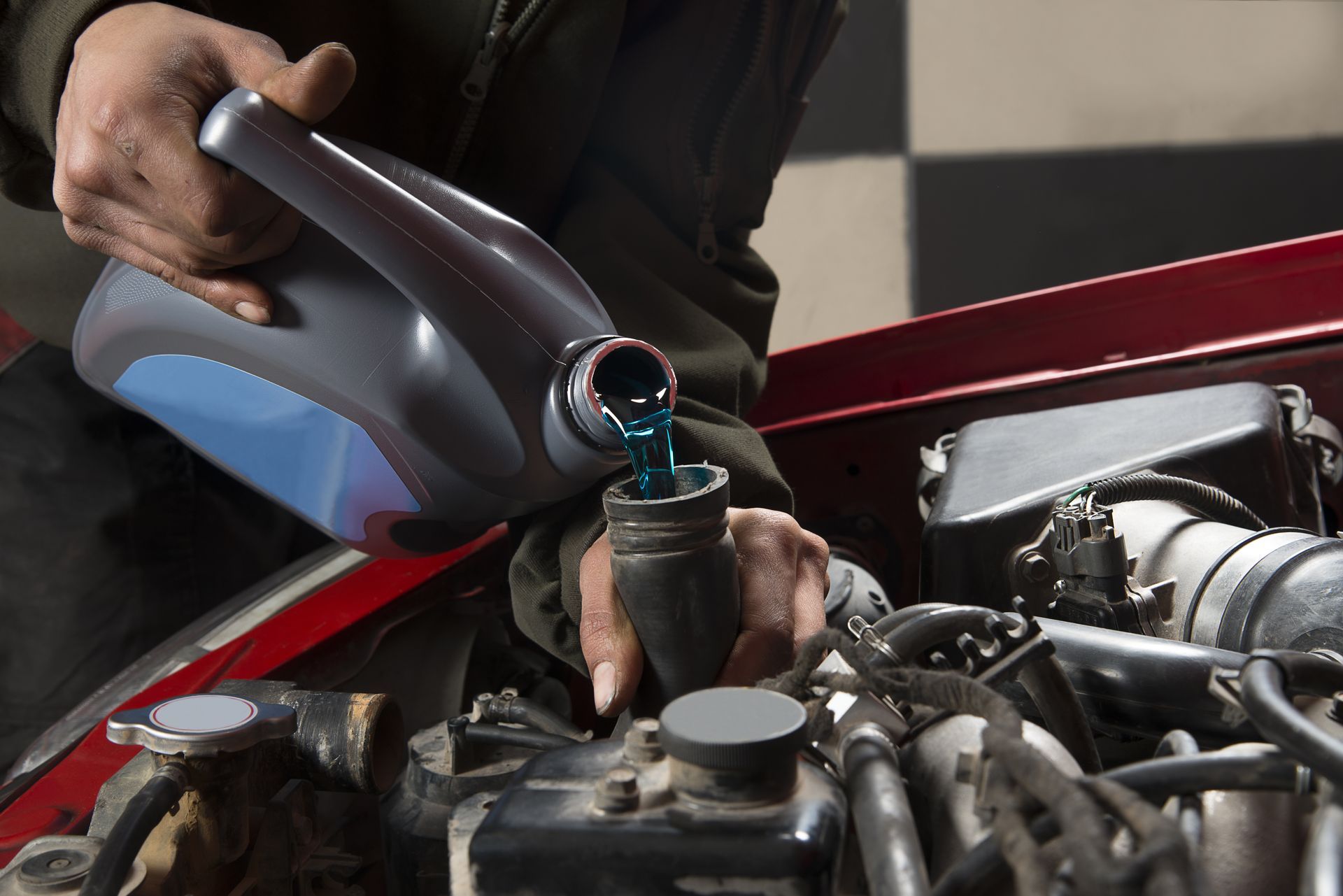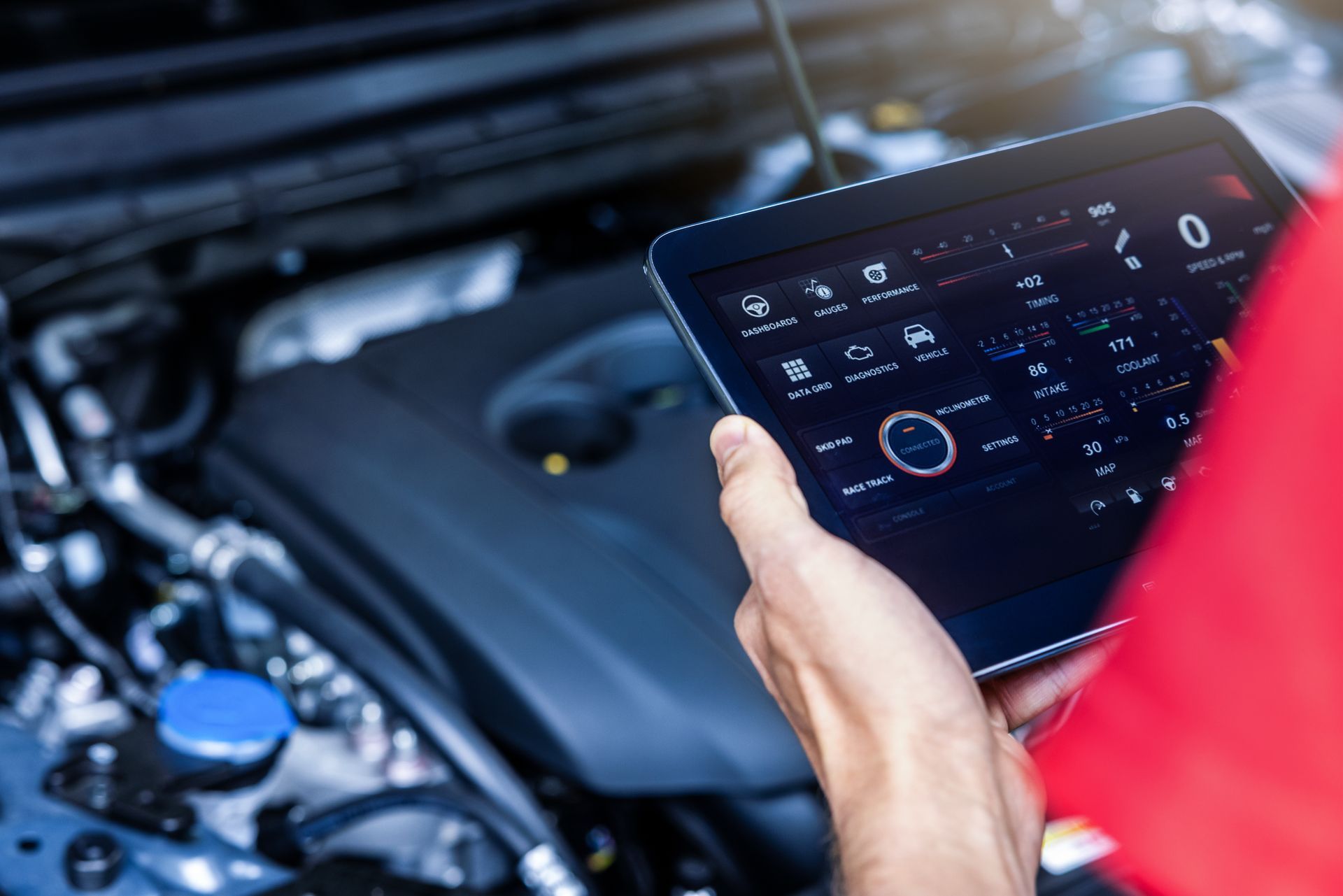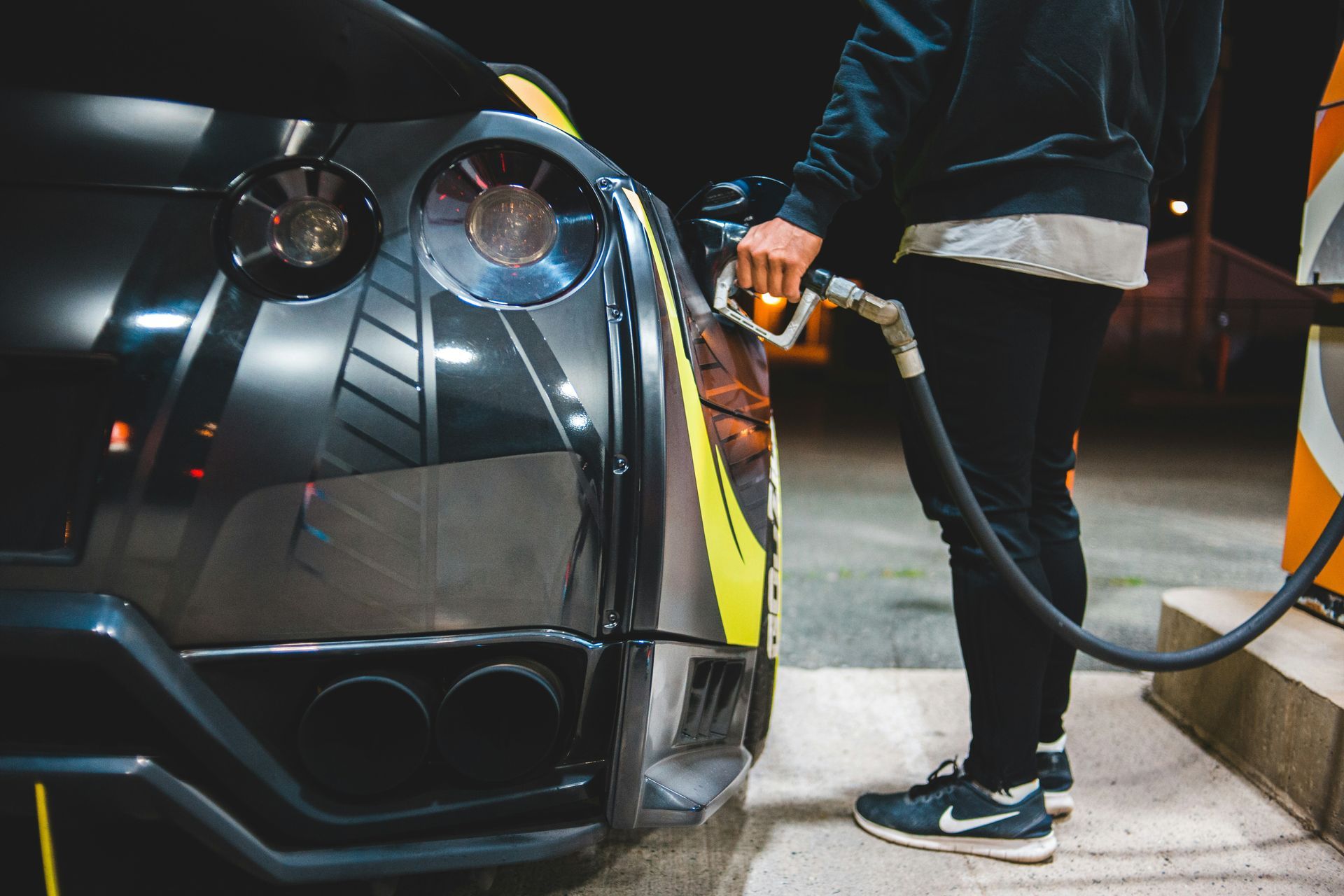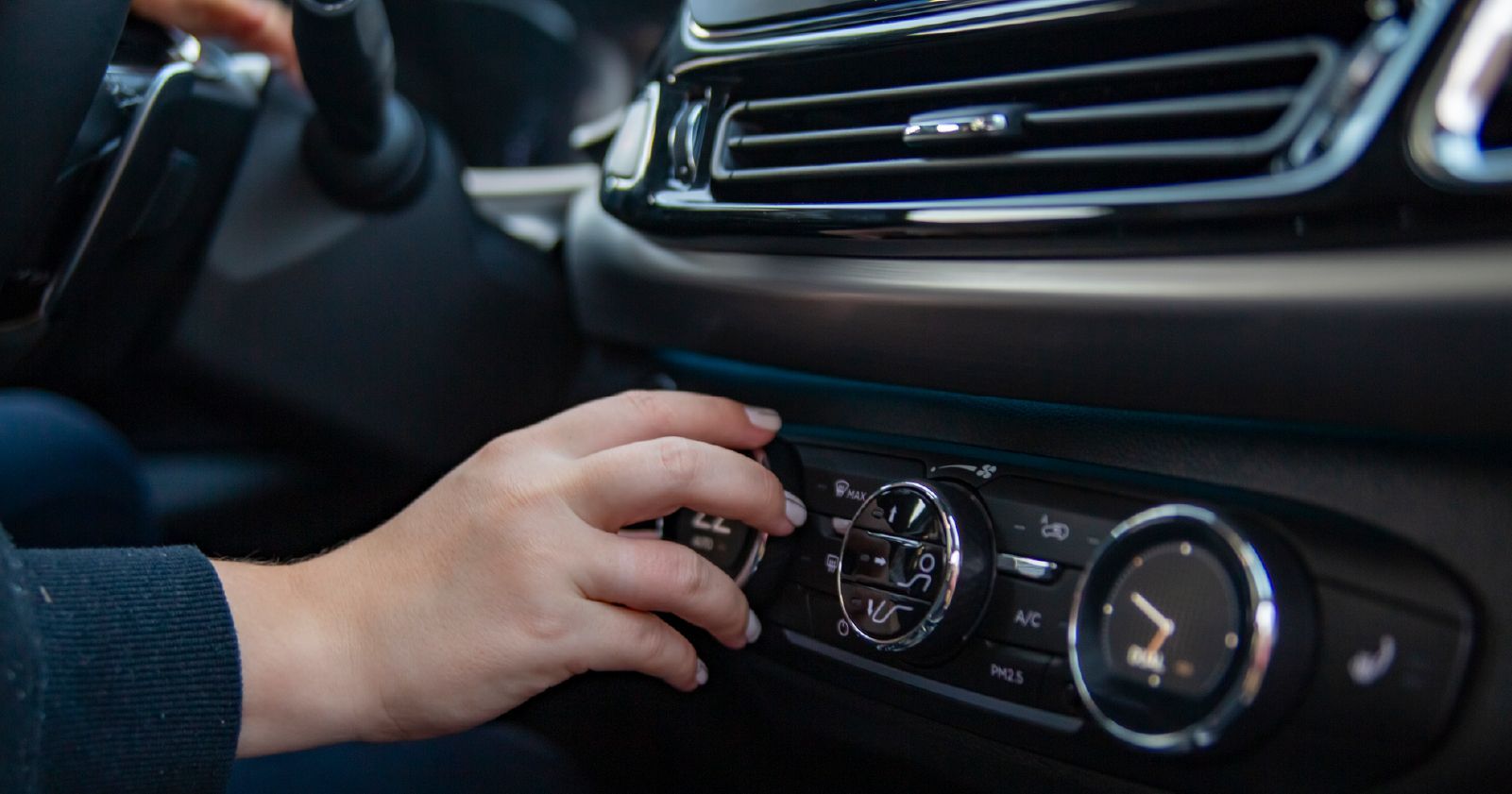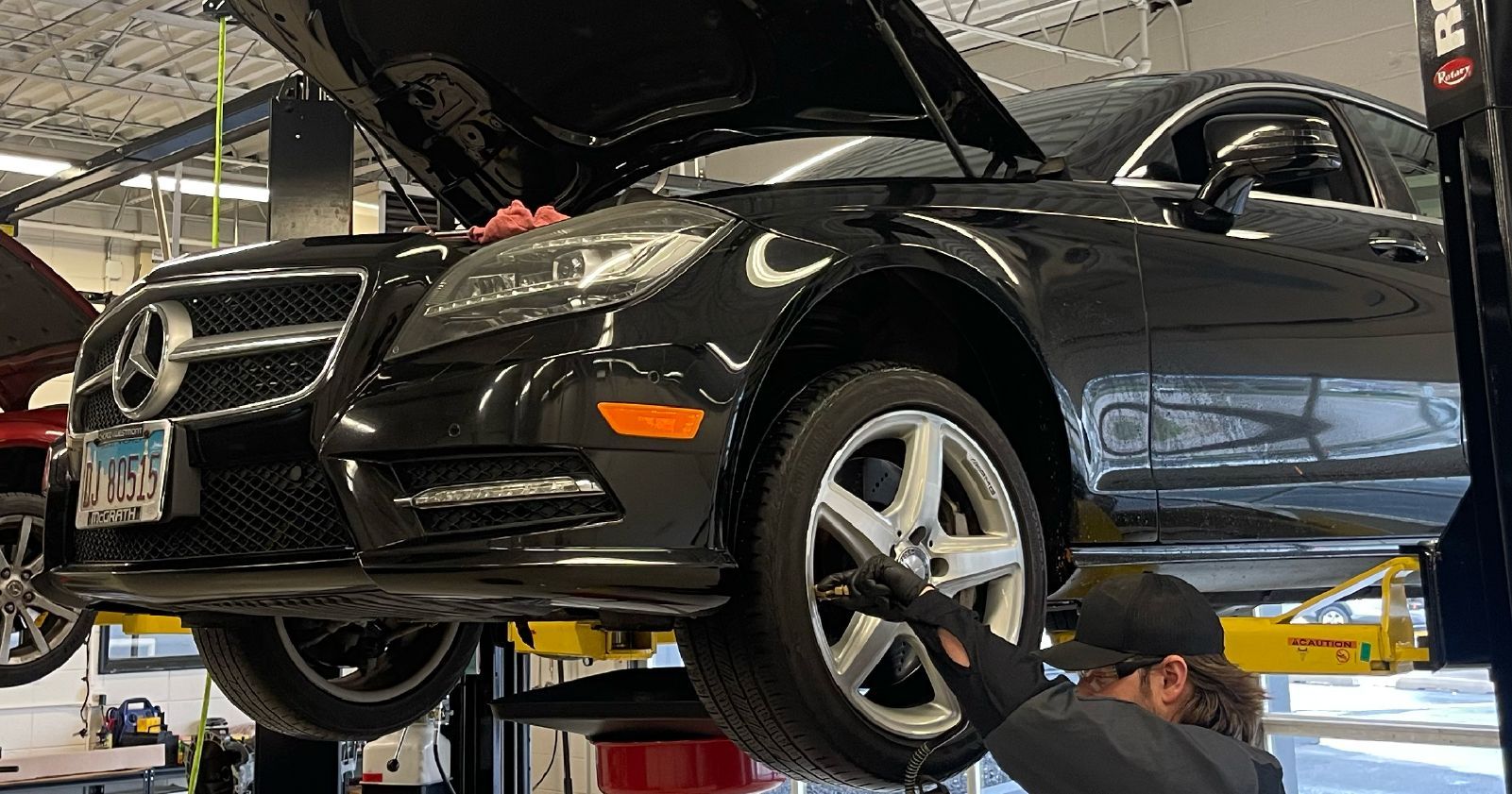April 24, 2024
If your car's temperature gauge goes into the red zone while driving, it means your car is overheating. This can be a stressful situation for any driver. It can be inconvenient or dangerous, but knowing why it happens can prevent harm. Low coolant levels are often the culprit, as coolant helps regulate engine temperature. If there's not enough coolant, heat dissipation becomes inefficient, leading to overheating. Leaks in the cooling system can cause it to have trouble maintaining the correct temperature. If your car is leaking coolant, it can come from the radiator or hoses. Other Common Failure Points in Your Vehicle's Cooling System Another common cause is a faulty thermostat, which regulates coolant flow. If it malfunctions—either staying closed or open when it shouldn't—overheating can occur. Cooling fan problems also play a role, particularly if the fan fails to activate or isn't working correctly. This can reduce airflow over the radiator, especially when the vehicle is stationary or moving slowly, leading to overheating. Other problems, such as a blocked radiator, engine oil issues, a misfiring engine, or a faulty water pump, can cause overheating. Regular maintenance and quick repairs can help your car run well and prevent overheating while driving. How Much Does It Cost to Replace a Water Pump or Thermostat? If your car is overheating and needs a new water pump or thermostat, you may be wondering about the cost. It's important to know how much these repairs will cost before getting them done. This way, you can budget accordingly and make an informed decision. Typically, replacing both components simultaneously ranges from $500 to $1000, covering parts and labor. Interestingly, there's often no additional labor cost when replacing both components together, making it a cost-effective choice. Choose high-quality parts that work with your car when replacing both the water pump and thermostat together. Prioritize compatibility for the best results. Despite the potentially higher initial investment, choosing reliable components and professional installation can prevent future overheating concerns. This method saves money and improves cooling system performance by replacing components together instead of separately, streamlining the labor process. Risks of Driving Your Car at High Operating Temperatures Driving your car when it's too hot can be dangerous for you and your vehicle. It's important to stay safe. High temperatures can cause engine parts to wear out faster, leading to expensive damage or engine failure. When a car gets too hot, it can make important fluids like oil wear out faster, which can damage the engine. Driving at high temperatures can make your car's cooling system work less effectively, causing more strain on the engine. Additionally, overheating can lead to warped cylinder heads or blown gaskets, causing leaks and further engine damage. It can also cause stress cracks in the engine block, leading to further expensive repairs. In extreme cases, driving a severely overheating car can even pose a fire hazard. It's important to fix overheating problems quickly and not drive your car when it's too hot. This will help avoid expensive repairs and keep you safe while driving. Importance of Regular Vehicle Inspections It's important to have your car's cooling system checked regularly. This should be done every 12,000 to 15,000 miles, or at least once a year. Regular checks help prevent overheating and keep your vehicle running smoothly. Technicians inspect parts like the radiator, hoses, water pump, thermostat, and coolant levels for damage, leaks, or rust. Fixing small problems early can save money and make your engine and cooling system last longer. Regular maintenance improves how your car runs and saves fuel. It also gives you peace of mind knowing your car is ready for daily driving. How to Prevent Car Overheating An overheating car is worrying, but knowing the causes can help you fix the problem quickly and effectively. Regular maintenance, like checking coolant levels and inspecting for leaks, can help prevent overheating issues. Make sure components like the thermostat and water pump are working properly. If your car keeps getting too hot, it's important to see a mechanic right away. They can figure out what's wrong and fix it before it causes bigger problems or becomes dangerous while driving. Stay alert and take care of your car to avoid overheating issues and ensure a smooth ride on the road. Keep your vehicle healthy and worry-free. For those in the St. Charles, IL area, consider visiting Precision Motorworks for comprehensive vehicle inspections and expert repairs. Our seasoned technicians can help you resolve overheating problems or any other vehicle issues, ensuring your car remains in peak condition. Swing by Precision Motorworks today and keep your vehicle running smoothly and efficiently! By staying vigilant and proactive about maintenance, you can avoid the frustrations of overheating and enjoy a reliable and safe driving experience.
